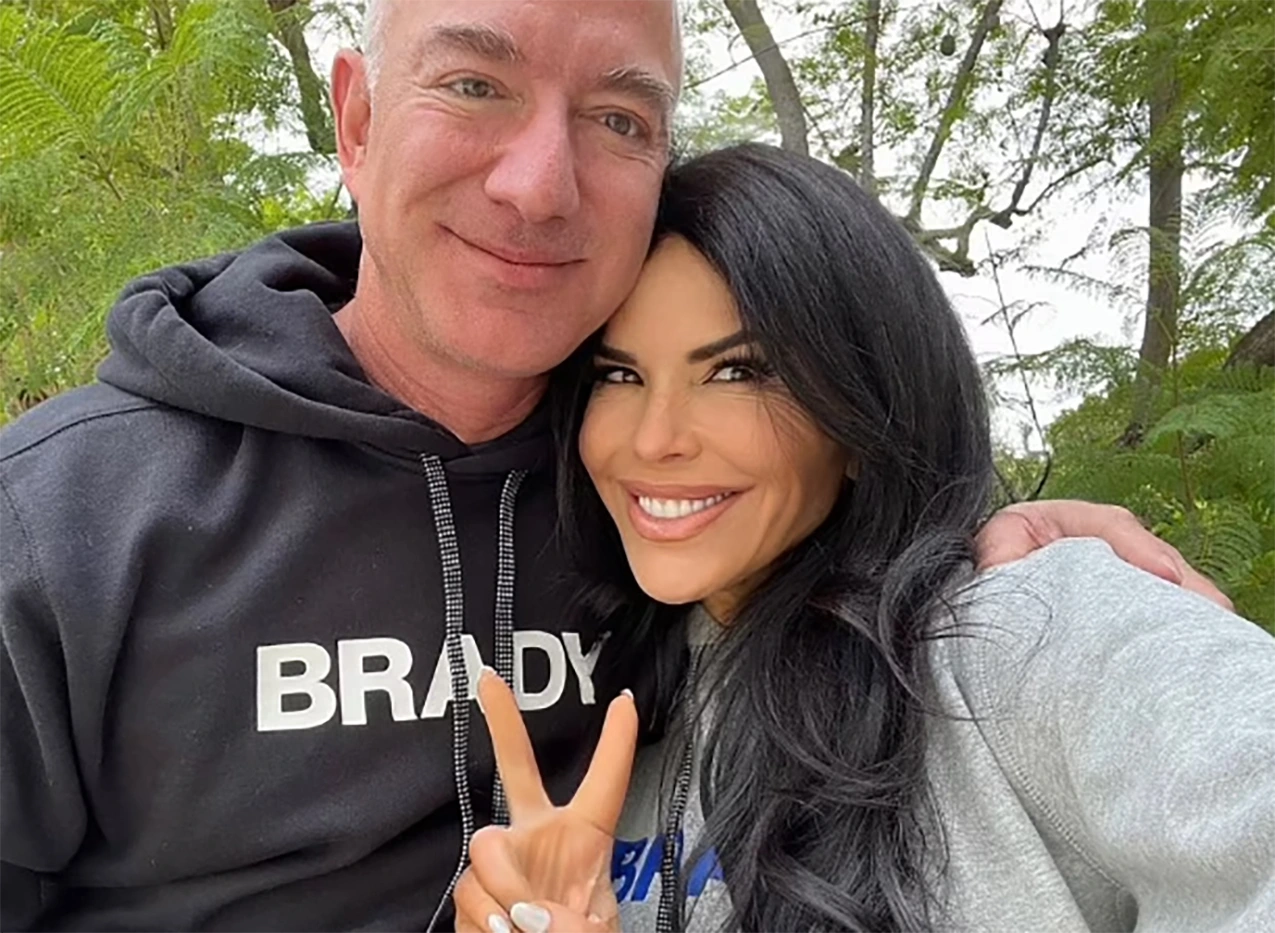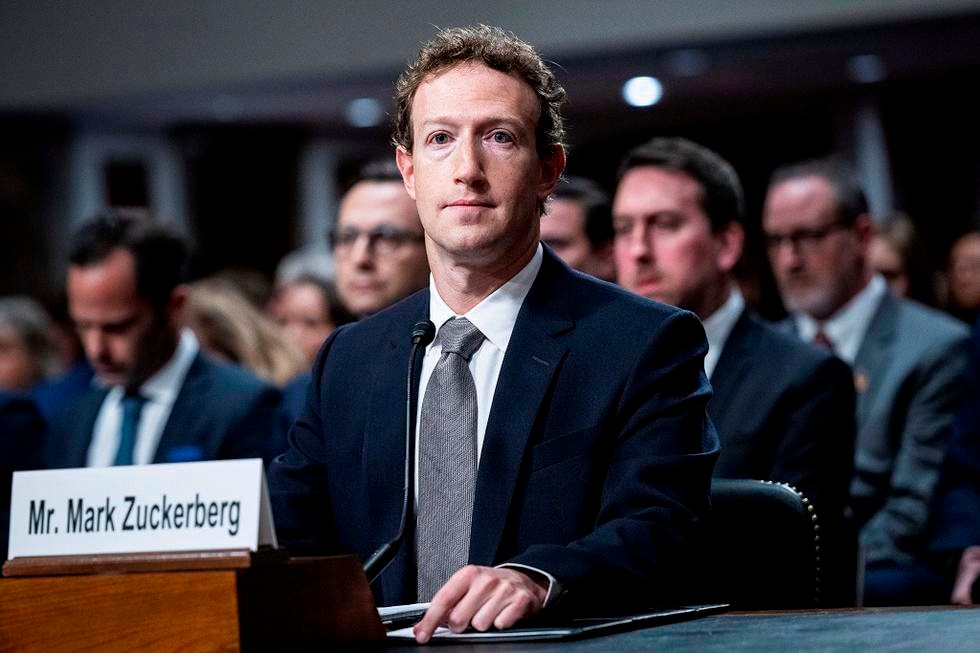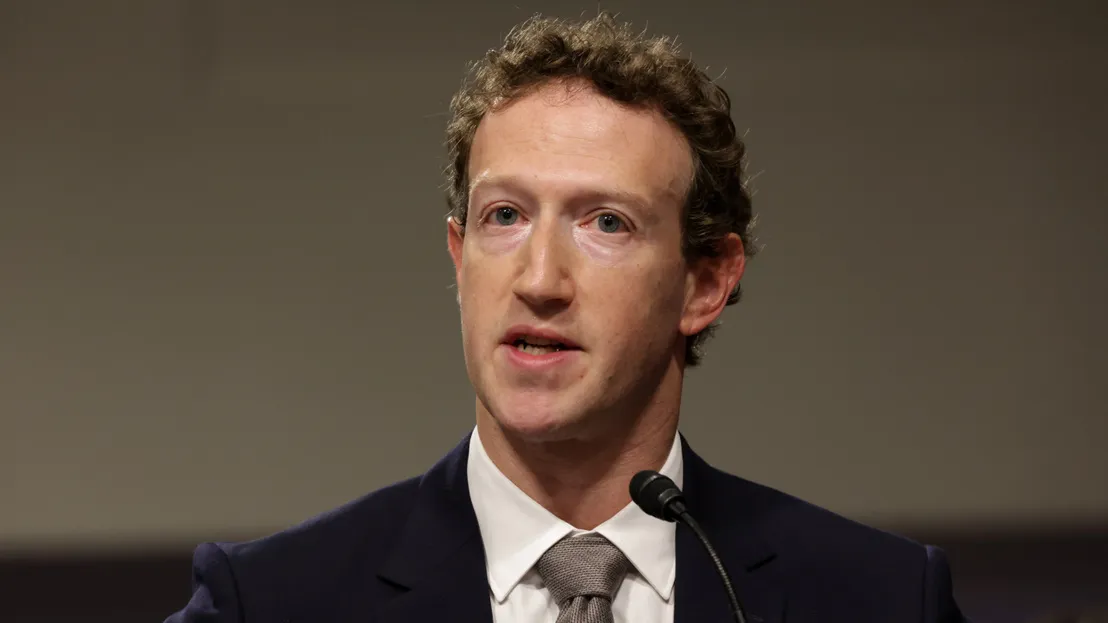

Zuckerberg Faces Criticism Over Hawaii Island ‘Private Fortress’ Plans
Mark Zuckerberg, CEO of Meta and one of the world’s wealthiest individuals, is once again at the center of heated public debate. This time, the controversy surrounds his ambitious plans to transform a portion of Kauai, Hawaii into what critics are calling a “private fortress.” Reports suggest that the billionaire has purchased vast tracts of land on the island, erecting massive walls, installing state-of-the-art security, and making long-term plans to create a sprawling estate complete with self-sustaining infrastructure.
While Zuckerberg has defended the project as a way to create a safe haven for his family and invest in the local economy, residents, activists, and cultural advocates in Hawaii argue that it represents an alarming extension of wealth-driven land monopolization. The project is being criticized as a clear example of billionaires attempting to insulate themselves from the real world, often at the expense of local communities.
The Vision of a Billionaire Fortress
According to reports, Zuckerberg’s Kauai compound is designed to be more than just a luxury home. It includes dozens of buildings, underground bunkers, private access roads, farmland, water resources, and high-security fencing. Some insiders describe the project as resembling a “mini-nation,” complete with technology that ensures it can run independently of outside resources.
Zuckerberg’s reasoning, sources claim, is rooted in a desire to provide his family with long-term security, privacy, and resilience against global instability. With his deep investments in AI, metaverse technology, and future-oriented science, it’s perhaps unsurprising that Zuckerberg would want his personal living space to be equally future-proofed.
However, the fortress-like nature of the estate has alarmed many observers. To some, it looks less like a private residence and more like a symbol of billionaire isolationism, a place designed to keep ordinary people out while hoarding natural beauty and resources.
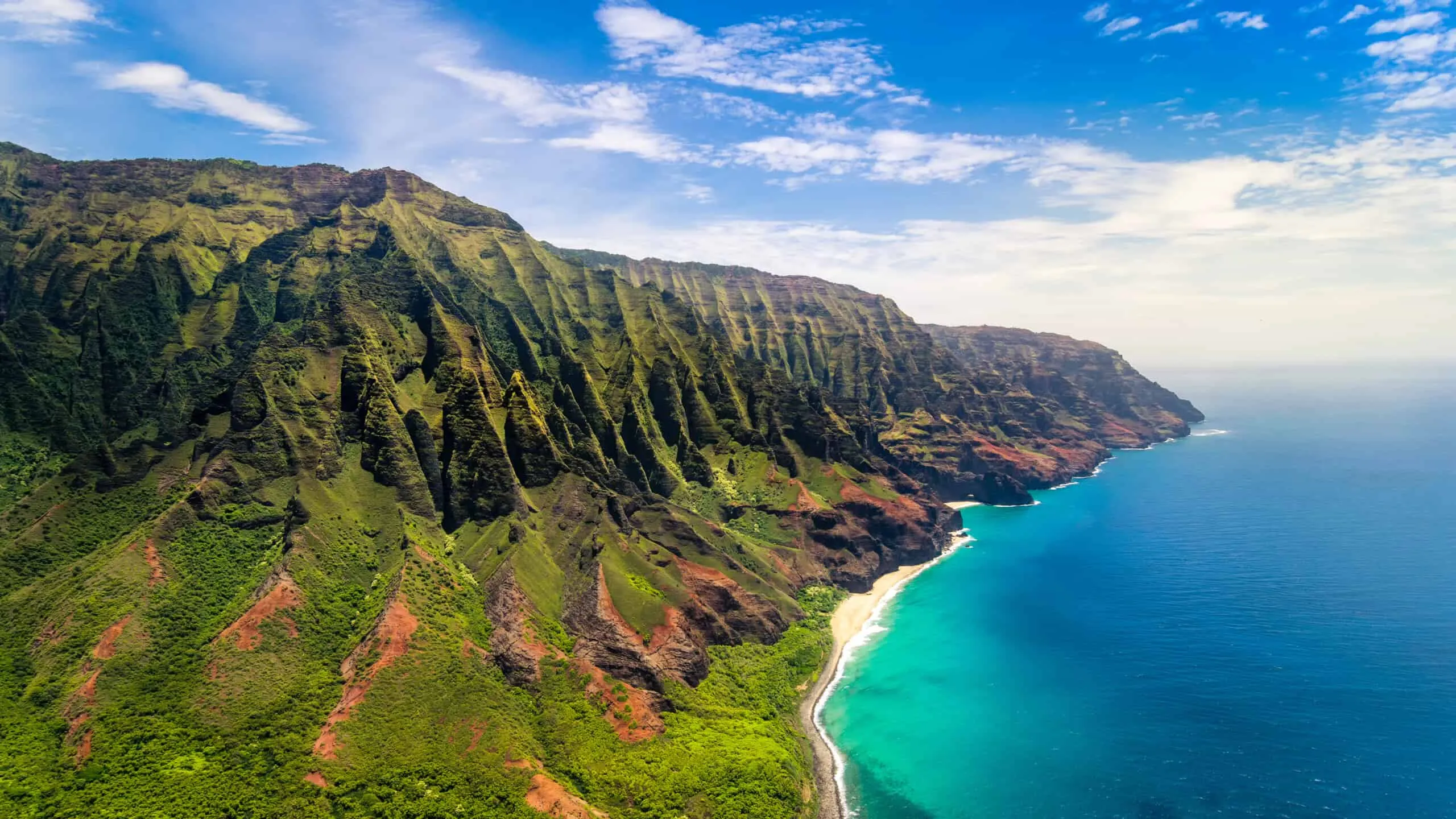
Local Backlash in Hawaii
Hawaiian locals have been especially vocal in their criticism. For years, Native Hawaiians have fought against outside investors buying up large swaths of their ancestral lands, only to fence them off for exclusive private use. Zuckerberg’s massive holdings on Kauai—reportedly over 1,500 acres—have been seen as an extension of this painful history.
Activists accuse him of land grabbing, pointing out that many local families are struggling to maintain their homes in the face of rising real estate prices fueled by billionaire purchases. To them, Zuckerberg’s project is not just about one man’s home—it is part of a broader issue of cultural displacement and the erosion of Hawaiian traditions.
Protests and petitions have already begun circulating online, with slogans like “Hawaii is not for sale” and “Zuckerberg out.” One community leader described the fortress as “an insult to the land and to the people who have lived here for generations.”
Environmental Concerns
Beyond cultural issues, there are also environmental worries. Kauai is known for its lush ecosystems, rare species, and fragile balance of land and sea. Large-scale development projects risk disrupting habitats, polluting waterways, and eroding coastlines.
Zuckerberg’s team insists the project will follow sustainable practices, incorporating solar energy, rainwater collection, and organic farming. Yet environmentalists remain skeptical. They argue that no matter how eco-friendly the design may be, the very act of walling off massive land areas from public access and altering them to suit one person’s lifestyle is fundamentally harmful.
Critics point out that billionaires often frame their private estates as “green” while ignoring the deeper issue: hoarding land and resources for themselves while excluding communities who depend on them.
Symbol of Hypocrisy
Much like the backlash to his recent megayacht, the Hawaii fortress project has been branded by many as a symbol of hypocrisy. Zuckerberg has frequently spoken about creating a more connected and open world, yet here he is, building walls and fortresses to separate himself from others.
The optics are especially damaging because Meta continues to face criticism for its handling of misinformation, child safety, and online harm. For many, the fortress embodies the perception that Zuckerberg is increasingly out of touch with ordinary people’s realities.
On social media, users have mocked the project, with one viral comment reading: “He wants to connect the world—except the people of Hawaii.” Another added: “From the metaverse to medieval castles, Zuckerberg just keeps building walls.”
Defenders of Zuckerberg’s Plans
Despite the controversy, some have defended Zuckerberg’s right to build his Kauai estate. Supporters argue that as a private citizen, he has every right to use his wealth as he chooses. They also point out that his investments bring jobs, infrastructure, and tax revenue to the island.
Others note that the Chan Zuckerberg Initiative has pledged billions of dollars toward education, health, and science, suggesting that it is unfair to ignore his philanthropic efforts while focusing solely on his personal lifestyle choices.
In their view, the fortress is simply a matter of personal preference and security—something anyone would desire if they had the means.
Fortress as a Symbol of the Future?
Some analysts go further, suggesting that Zuckerberg’s Hawaii project reflects a broader trend among billionaires: preparing for a future marked by climate change, social unrest, and technological transformation. Elon Musk builds rockets to leave Earth, Jeff Bezos invests in space colonies, and now Zuckerberg is building his own private stronghold.
These fortress-like estates may represent more than indulgence—they could be the billionaire version of survival planning, ensuring they and their families are protected no matter what happens to the rest of the world. This raises uncomfortable questions about the future of inequality: while ordinary people face uncertainty, the ultra-wealthy are preparing bunkers, yachts, and escape routes.
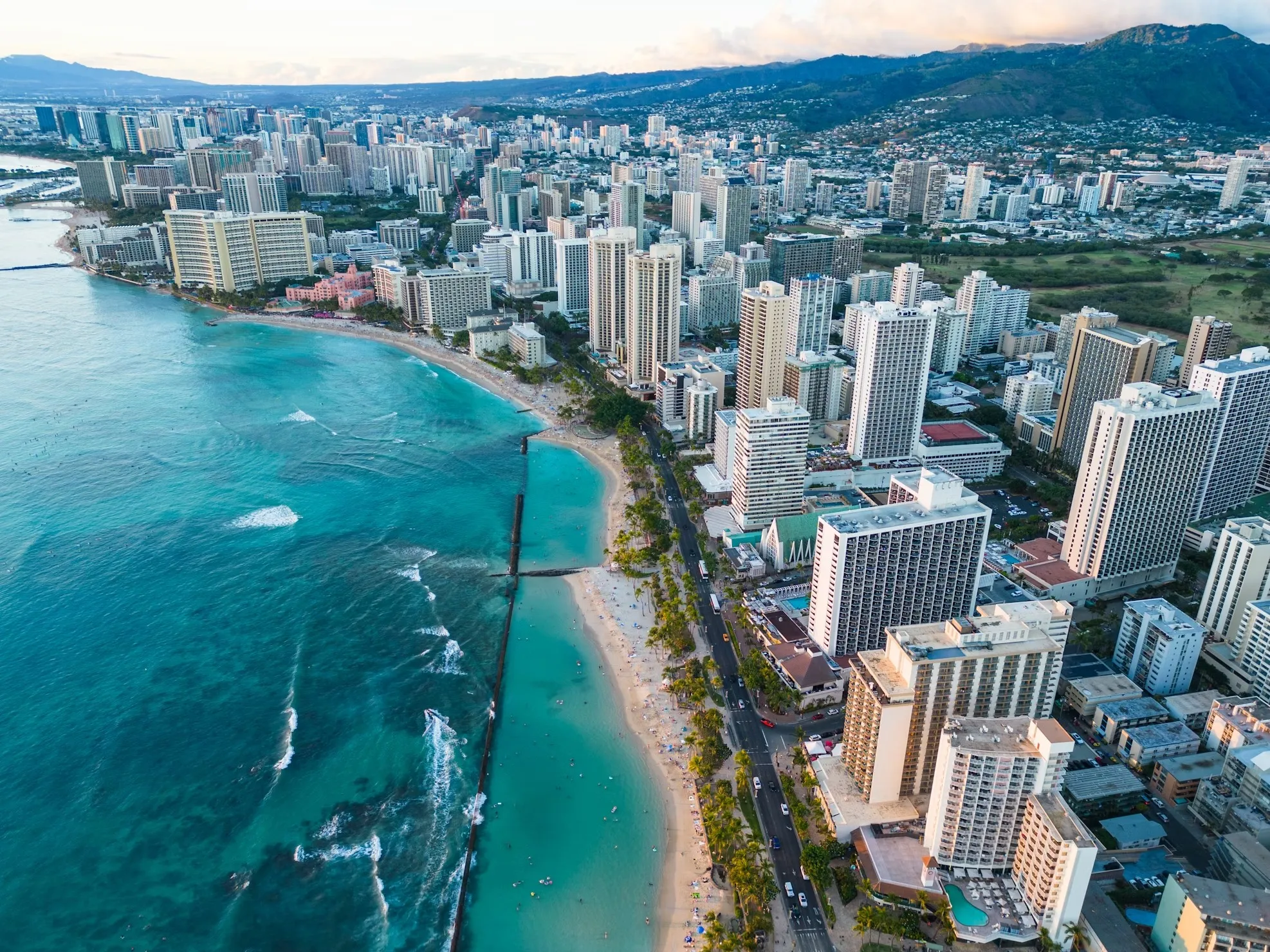
Impact on Zuckerberg’s Image
For Zuckerberg personally, the Hawaii fortress controversy threatens to deepen his image problem. He has long struggled with public perception, often portrayed as robotic, detached, and lacking empathy. This latest move risks reinforcing that narrative.
Brand experts argue that in an age where authenticity matters, a project like this undermines trust. It highlights the gap between what Zuckerberg preaches about openness and what he practices in his personal life. If Meta wants to present itself as a company for the people, its leader living in a walled fortress could send the wrong message.
Conclusion
Mark Zuckerberg’s plan to build a “private fortress” in Hawaii has sparked outrage among locals, environmentalists, and social media users worldwide. For critics, it is the latest example of billionaire excess, a project that symbolizes cultural displacement, inequality, and hypocrisy. For supporters, it is merely a personal choice, a luxury afforded by his immense wealth.
What cannot be denied is that the fortress is more than just a house—it is a symbol. It represents the growing divide between billionaires and ordinary people, between the ideals of connection and the realities of isolation. Whether Zuckerberg’s Kauai estate becomes a futuristic model of sustainability or a permanent stain on his reputation, it underscores one truth: in the age of transparency, no fortress is strong enough to shield billionaires from public scrutiny.








